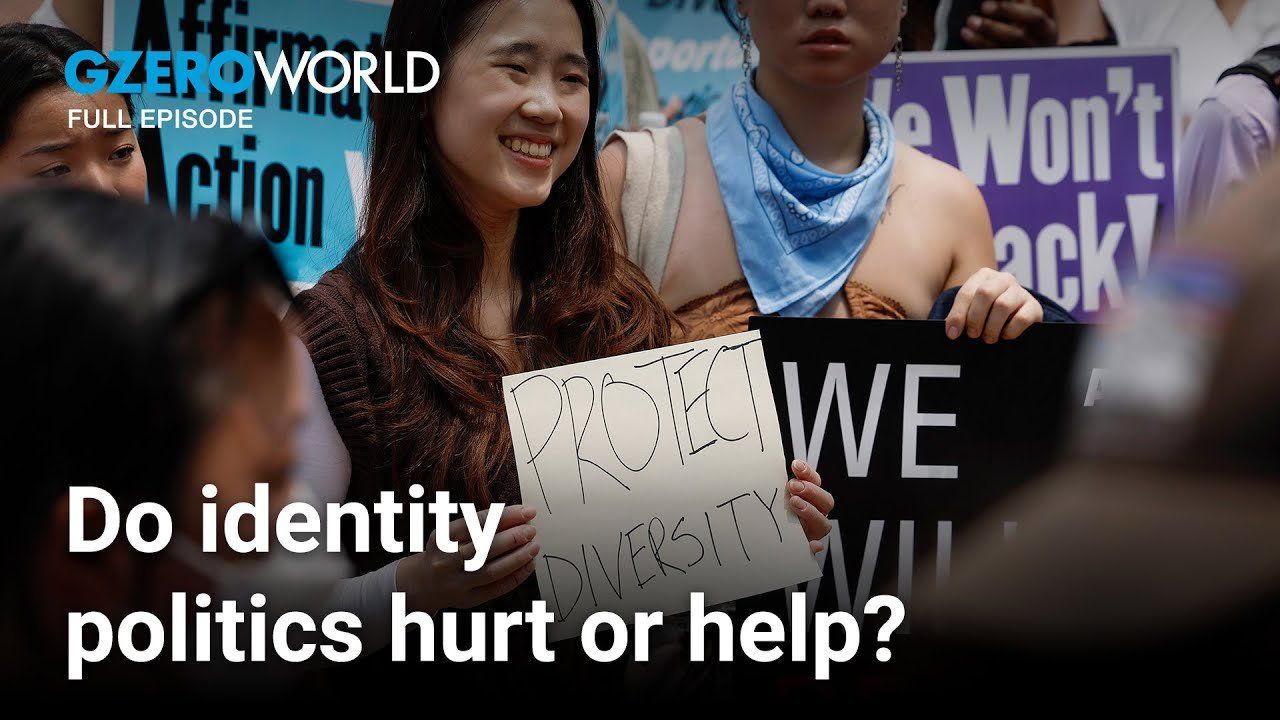
From race to gender to profession to nationality, we define who we are in a million different ways. Many people feel strongly about those identities; they are a fundamental part of how we see the world, find community, and relate to each other. But despite good intentions on the progressive left, at what point does focusing on what makes us different from each other hurt our society more than it helps? When does a healthy appreciation for culture and heritage stifle discourse and deny mutual understanding?
On GZERO World with Ian Bremmer, political scientist and author Yascha Mounk weighs in on identity, politics, and how those two combine to create the complicated, contentious idea of “identity politics.” Mounk’s latest book, “The Identity Trap,” explores the origins and consequences of so-called “wokeness” and argues that a counter-productive obsession with group identity has gained outsize influence over mainstream institutions.
"I think the important thing is not to build a culture in which we are forced to double down on narrow identities," Mounk tells Bremmer, "in which we cease to build the broader identities, like ones as Americans, but allow us to sustain solidarity with people who are very different from us."